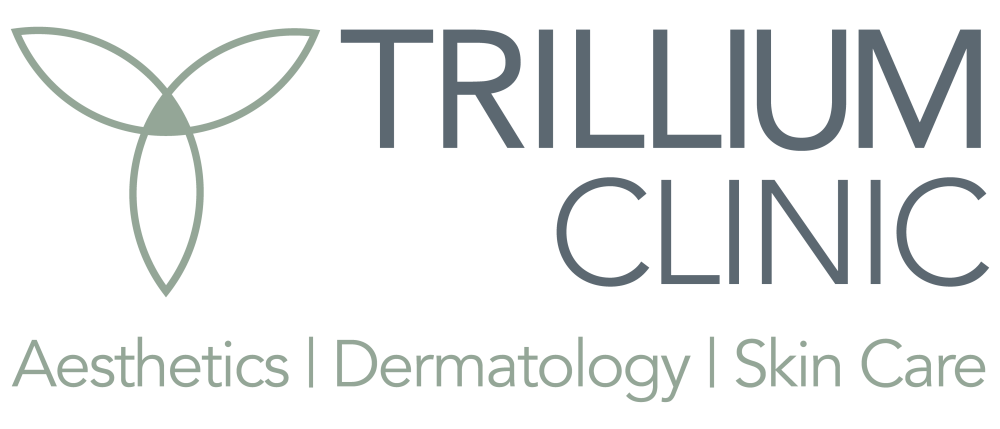Warts are a very common skin condition. However, patients struggle to find effective treatments. We understand the frustration of dealing with warts. At the Trillium Clinic, our solutions are designed to address warts at their cause, helping your skin heal and giving you the clear, healthy skin, you desire. Begin your advanced wart treatment today and say goodbye.
What is a Wart

There are different types of warts that can occur:
Common warts (verruca vulgaris): These warts usually appear on the hands, fingers, or around the nails. They have a rough, raised surface and can be grayish, brownish, or flesh-colored.
Plantar warts: Plantar warts occur on the soles of the feet and can be painful when walking or standing. They may have a rough, grainy appearance with tiny black dots (clotted blood vessels) in the center.
Flat warts (verruca plana): Flat warts are typically smaller and smoother compared to other types. They often appear in clusters on the face, neck, or legs and can be pink, yellowish, or light brown.
Genital warts: Genital warts are sexually transmitted and appear in the genital area. They can be raised or flat, flesh-colored or grayish, and may be itchy or painful.
What Causes a Wart
Warts are caused by the HPV virus, which can enter the body through cuts, scratches, or direct skin-to-skin contact. The virus thrives in warm, moist environments, making it easier to contract in places like swimming pools, locker rooms, or public showers. Warts are contagious and can spread from person to person or from one part of the body to another. They can also be spread indirectly through contact with objects or surfaces that have come into contact with an infected person’s wart.
How are Warts treated
Many warts may go away on their own without treatment. However, it’s important to note that even with treatment, warts can sometimes recur or spread. Prevention is key, and you can reduce the risk of contracting or spreading warts by maintaining good hygiene, avoiding direct contact with warts, and keeping skin clean and dry. If your warts are bothersome, there are several treatment options available:
Over-the-counter treatments: Non-prescription wart treatments often contain salicylic acid and can be applied at home. These treatments work by gradually removing layers of the wart until it is eliminated.
Cryotherapy: This treatment involves freezing the wart with liquid nitrogen, causing it to blister and fall off. It is typically performed by a healthcare professional.
Electrocautery: In this procedure, an electric current is used to burn the wart. It is commonly performed under local anesthesia.
Surgical removal: Large or resistant warts may require surgical removal, which can be done through excision, laser surgery, or curettage (scraping the wart off with a sharp instrument).
Immunotherapy: For persistent or recurrent warts, immunotherapy may be used to stimulate the body’s immune system to fight the virus. This can include injecting substances like candida antigen or applying immune-boosting creams.
Embark on your journey to radiant skin
If you suspect that you may have a wart, make an appointment here to see one of the dermatology providers at the Trillium Clinic in Chapel Hill. We will conduct a thorough evaluation, provide an accurate diagnosis, recommend appropriate treatment options, and offer guidance on preventing future warts. We are currently accepting new patients from Chapel Hill, Carrboro, Hillsborough, Pittsboro, Mebane, Durham, Burlington, Cary, and surrounding cities, who suffer from warts. Call us today to discuss appropriate treatment options.
